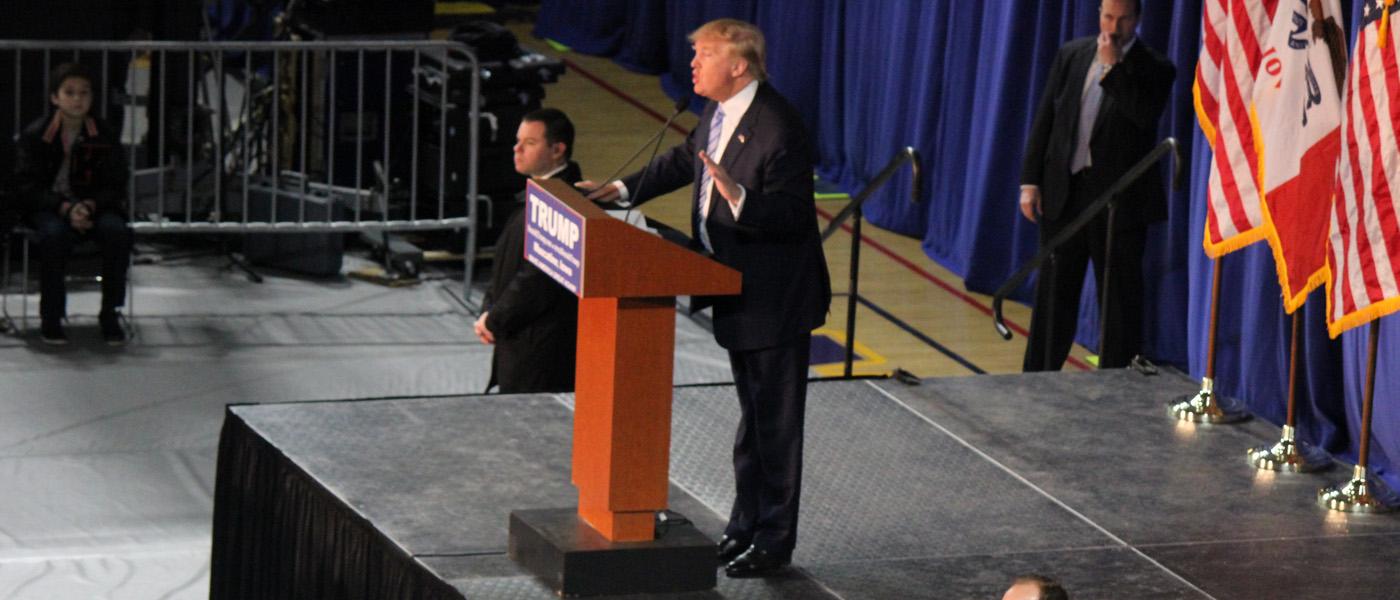Donald Trump won’t be the first American president to “reset” relations with Russia following an assault on Western interests and values. In March 2009 President Barack Obama launched his own version of a reset – only seven months after Russia’s brazen invasion of Georgia, an ally of the United States that had been on track for NATO membership. Yet whereas Obama’s outreach was met with the approval of his own party, Trump’s ambitions have fractured a Republican national security establishment that condemns Obama for treating American adversaries with kid gloves and favors a tougher approach.
Russia policy therefore poses the first test of whether Republicans in Congress will bend to the wishes of their party’s leader in foreign affairs or pull him in a direction more consistent with his party’s principles. It also poses a test for Congressional Democrats now in opposition. After eight years in which a Democratic president allowed competitors like China, Iran and Russia to make strategic gains at American expense, and failed to enforce a White House “red line” against Bashar al-Assad’s use of chemical weapons against his own people in Syria, will Democrats return to their historic posture, under Cold War presidents and the post–Cold War administration of Bill Clinton, of advocating that the United States stand firm against aggressive authoritarian rulers?
Divisions among Republicans on Russia policy result partly from the lenses through which Trump and the party’s national security wing view the problem. Republicans in Congress, led by Senator John McCain of Arizona, see a continuing pattern of Russian aggression under Vladimir Putin ever more dangerous to US interests: from the 2008 invasion of Georgia to the 2014 invasion of Ukraine to aggressive military maneuvers on NATO’s borders to, in 2016, active interference in the US presidential campaign. The US intelligence community judges convincingly that Russia’s intelligence services through a combination of hacking, leaks and propaganda worked actively to undercut the campaign of Hillary Clinton, the Democratic presidential candidate.
By contrast, Trump assumes that opponents have overstated the effects of Russian meddling. As made clear by his January 6 statement, when he was briefed by US intelligence leaders on Russia’s state-sponsored intervention in the campaign, his first concern was to push back against any findings that call into question his victory over Clinton.

